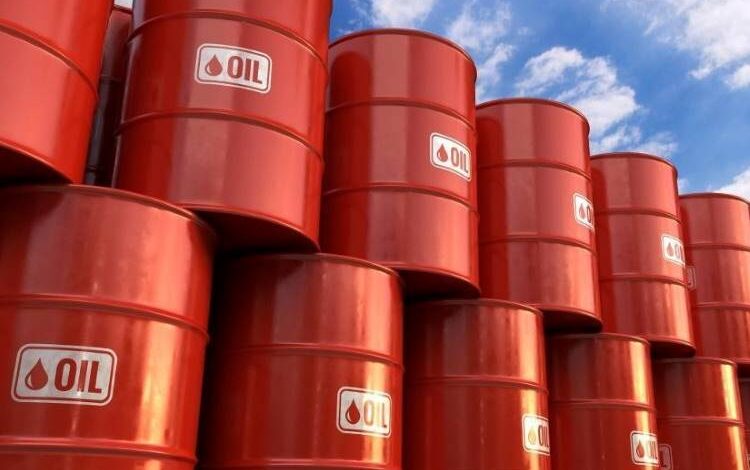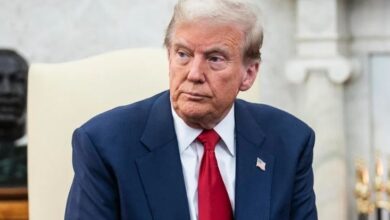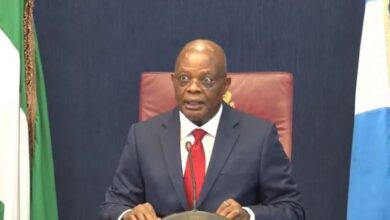Nigeria’s 2025 budget threatened as oil price drops to $59 per barrel

Oil prices have tumbled to their lowest level since February 2021, threatening Nigeria’s ability to implement its 2025 national budget.
As of 12:30 WAT on Wednesday, Brent crude—the global oil benchmark—fell by 5.09 percent to $59.62 per barrel, while US West Texas Intermediate (WTI) declined by 5.54 percent to $56.28 per barrel.
The sharp decline follows an April 2 announcement by President Donald Trump, introducing sweeping global tariffs, including a 14 percent levy on imports from Nigeria.
Additionally, on April 4, the Organisation of Petroleum Exporting Countries (OPEC) and its allies agreed to raise oil production by 411,000 barrels per day (bpd) starting in May.
This plunge in oil prices poses a significant challenge to Nigeria’s fiscal planning, as it falls well below the 2025 budget benchmark of $75 per barrel.
Commenting on the situation, Jide Pratt, chief operating officer (COO) of Aiona and country manager at Tradegrid, highlighted the implications for the country’s finances.
“We’ve seen an increase in foreign exchange (FX) rates, which does not help monetary or fiscal policy,” he said.
“Personally, I believe it does show that the benchmark for our budget leaves a lot to be desired. More importantly, we are on the road to a supplementary budget and loans.
“We need to sell off some assets to the private sector and enable growth in our economy to buffer low crude oil prices.”
Given Nigeria’s heavy reliance on oil revenue, Pratt added, “there can be no better time to really diversify.”
On Monday, Finance Minister Wale Edun acknowledged the impact of falling oil prices on the economy. To mitigate the effects, he said, “we are intensifying efforts to ramp up crude oil production.”
“We are also focusing on non-oil revenue mobilisation by FIRS and Customs,” he said.
“Budget adjustment and prioritisation where possible, and also innovative non-debt financing strategies.”
As of February, Nigeria’s oil output stood at 1.46 million barrels per day—below the 1.5 million bpd quota set by OPEC and far short of the 2.1 million bpd production target set by the Nigerian Upstream Petroleum Regulatory Commission (NUPRC) for 2025.





